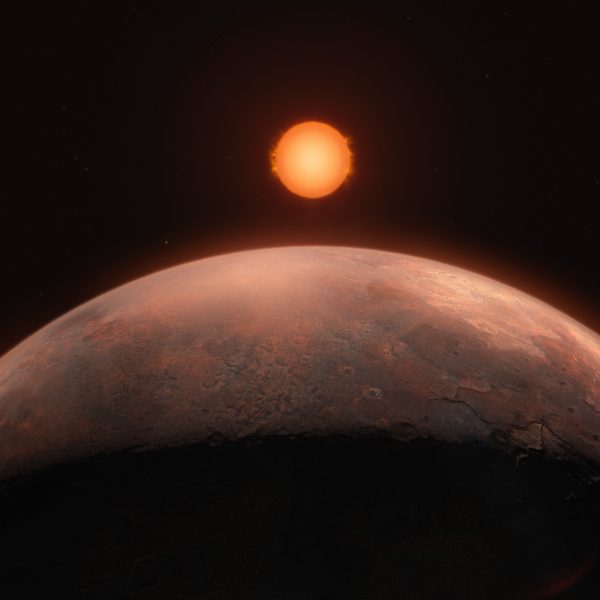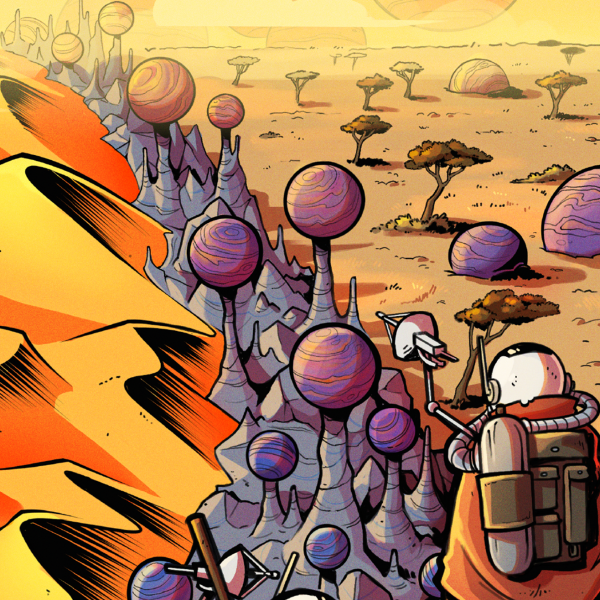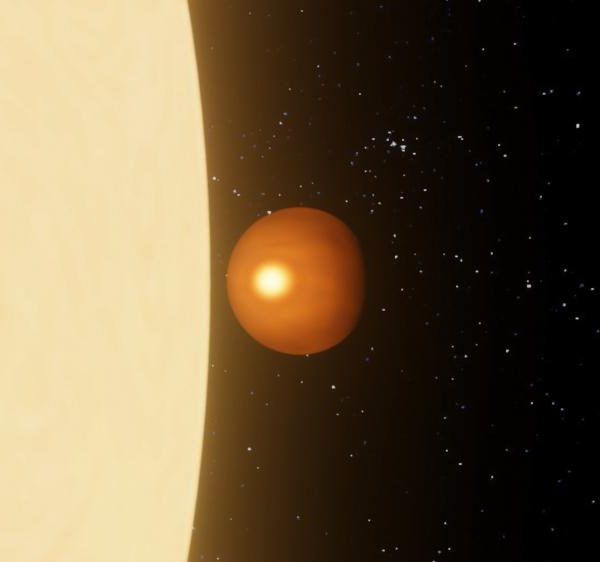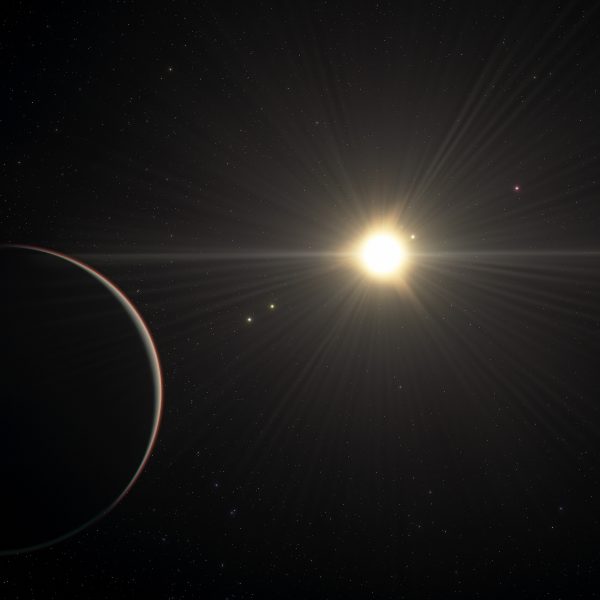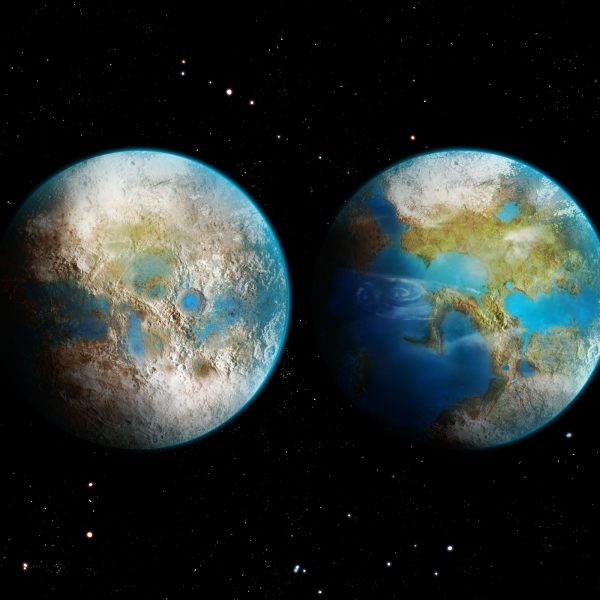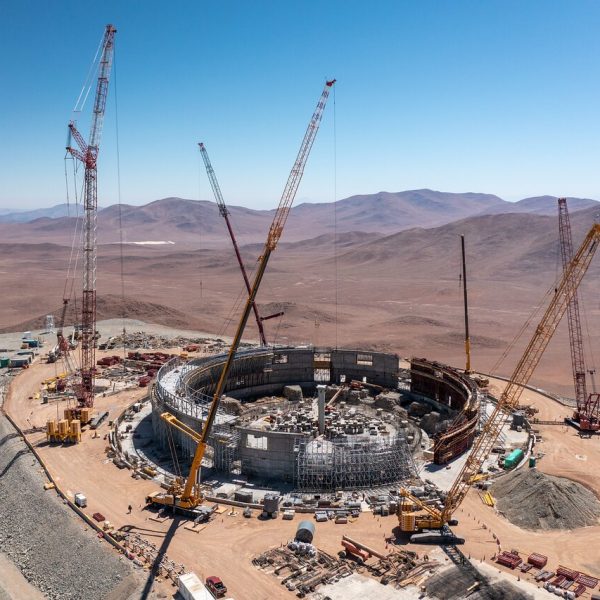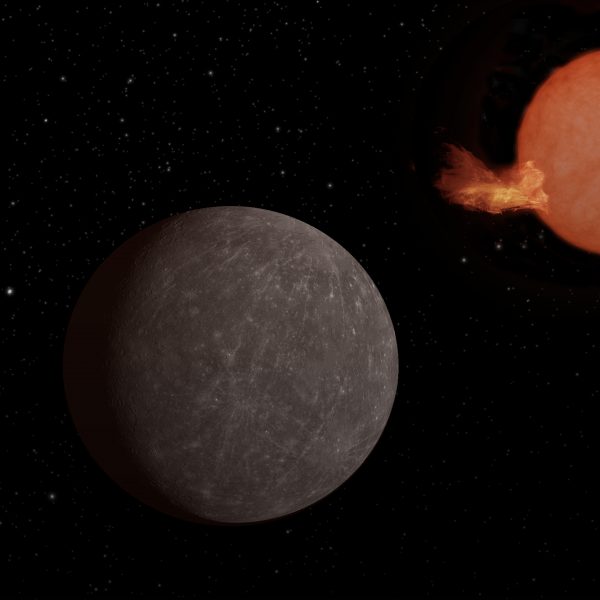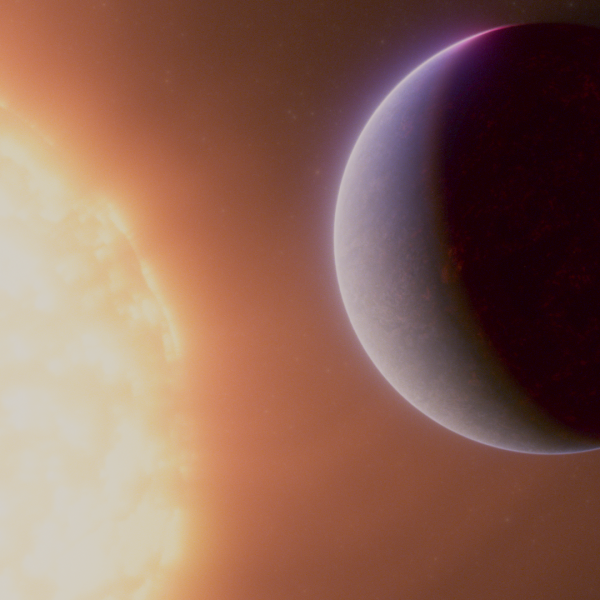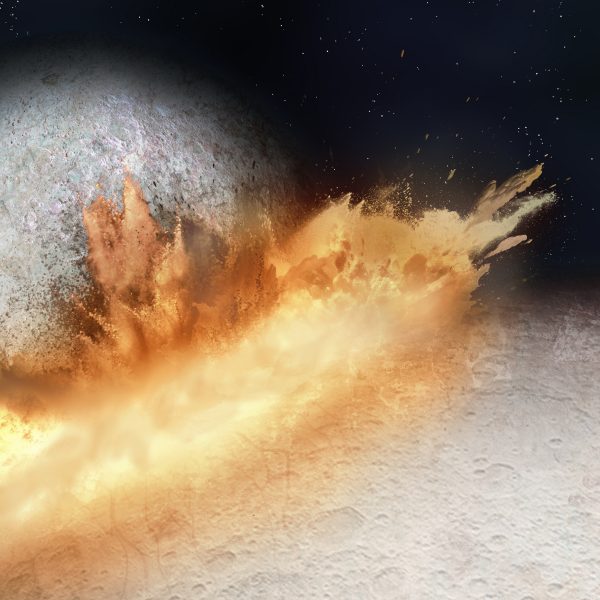News
A sub-Earth detected around our neighbouring star Barnard
A team of scientists including researchers from the University of Bern, the University of Geneva and the NCCR PlanetS used the ESPRESSO Spectrograph to discover a sub-Earth mass exoplanet orbiting Barnard’s star, the second-closest star system to the Sun. This discovery helps to understand planetary formation around red dwarfs and provides insights into the diversity […]
Continue ReadingHidden exoplanets between the Neptunian desert and savanna
Astronomers have uncovered the ‘‘Neptunian Ridge’’, a newly identified feature in the distribution of exoplanets. This discovery, led by an international team including members of the University of Geneva, The NCCR PlanetS and the Centro de Astrobiología (CAB), highlights the complex dynamics within the Neptunian Desert, a region with a scarcity of hot Neptunes, and […]
Continue ReadingFarinella Prize 2024 Awarded to Ravit Helled
NCCR PlanetS member Prof. Ravit Helled, of the University of Zurich in Switzerland, has been awarded the 2024 Paolo Farinella Prize for her outstanding contributions to research into ‘the internal structure of planetary bodies: clues on formation processes of the Solar System’. The award ceremony took place on the first day of the Europlanet Science Congress (EPSC) 2024 […]
Continue ReadingIron winds on an ultra-hot exoplanet
An international team of astronomers, including scientists from the University of Geneva (UNIGE) and the National Centre of Competence in Research PlanetS, has identified the presence of iron winds in the atmosphere of the ultra-hot Jupiter WASP-76 b. This planet with its extreme conditions – over 2000 degrees Celsius – is a prime target for […]
Continue ReadingThe density difference of sub-Neptunes finally deciphered
The majority of stars in our galaxy are home to planets. The most abundant are the sub-Neptunes, planets between the size of Earth and Neptune. Calculating their density poses a problem for scientists: depending on the method used to measure their mass, two populations are highlighted, the dense and the less dense. Is this due […]
Continue ReadingTelltale greenhouse gases could signal alien activity
Known for their detrimental effect on Earth, greenhouse gases could be beneficial for alien civilizations afar to terraform their worlds, and an opportunity for us to spot them. An international team of scientists including Dr. Daniel Angerhausen from ETH Zurich and member of the National Centre of Competence (NCCR) PlanetS, calculated that current technology would […]
Continue ReadingANDES, the spectrograph in a quest for life in the Universe
The European Southern Observatory (ESO) is endorsing a new spectrograph for its future giant telescope. Switzerland is contributing thanks to its expertise in exoplanets and in high-precision instruments. ESO has started the design and construction of the ArmazoNes high Dispersion Echelle Spectrograph (ANDES) with an international consortium involving the University of Geneva and the University […]
Continue ReadingDiscovery of a planet around an ultra-cool star
An international team of astronomers – including members of the NCCR PlanetS, the University of Geneva (UNIGE) and the University of Bern (UNIBE) – has discovered, for only the second time, an Earth-sized exoplanet (SPECULOOS-3 b) around an ultra-cool Red Dwarf star. Red dwarfs account for 70% of the stars in our galaxy. The small […]
Continue ReadingHints of a possible atmosphere around a rocky exoplanet
Researchers using NASA/ESA/CSA James Webb Space Telescope may have detected an atmosphere surrounding 55 Cancri e, a rocky exoplanet 41 light-years from Earth. This is the best evidence to date for a rocky planet atmosphere outside our solar system. Brice-Olivier Demory, Professor of Astrophysics at the University of Bern and member of the the National […]
Continue ReadingHow Pluto got its heart
The mystery of how Pluto got a giant heart-shaped feature on its surface has finally been solved by an international team of astrophysicists led by the University of Bern and members of the National Center of Competence in Research (NCCR) PlanetS. The team is the first to successfully reproduce the unusual shape with numerical simulations, […]
Continue Reading
